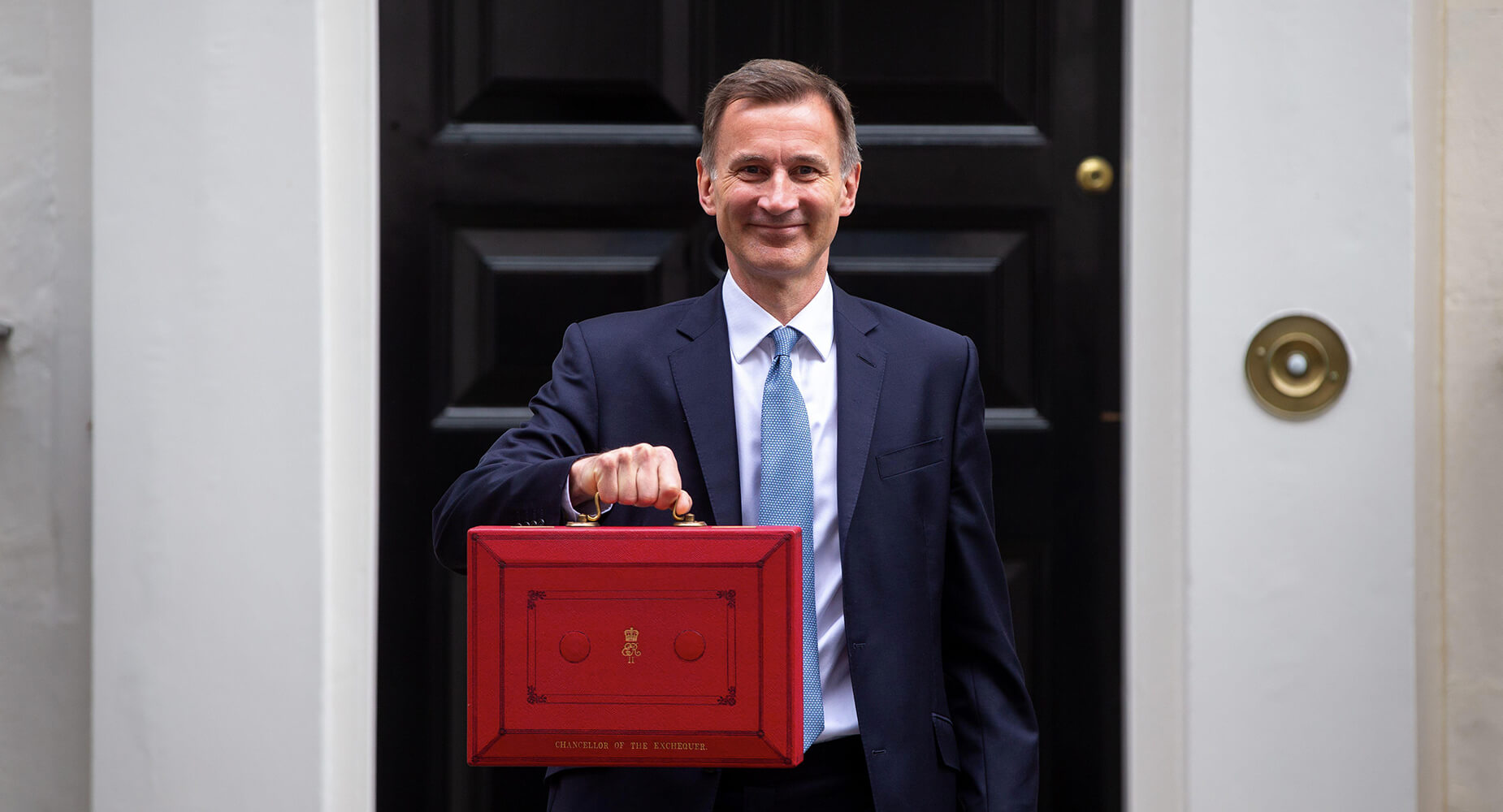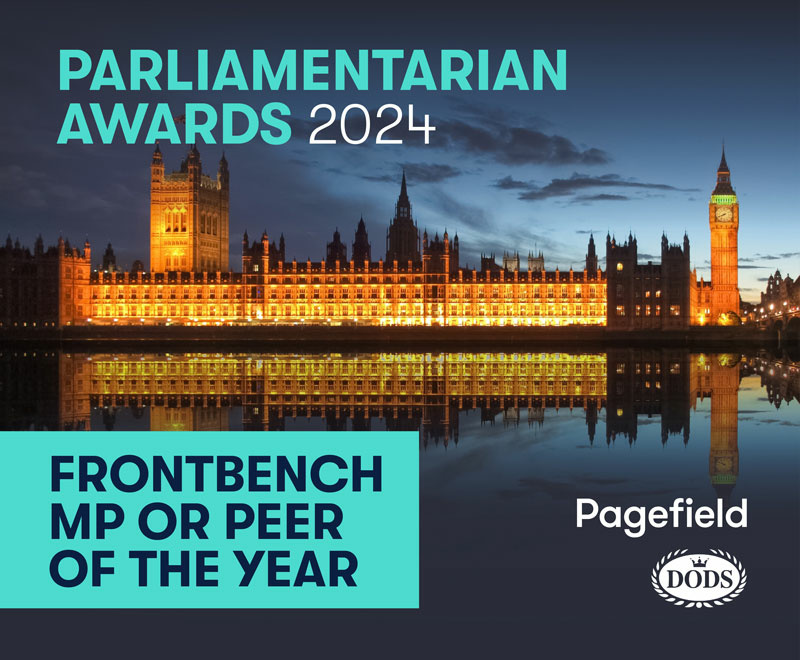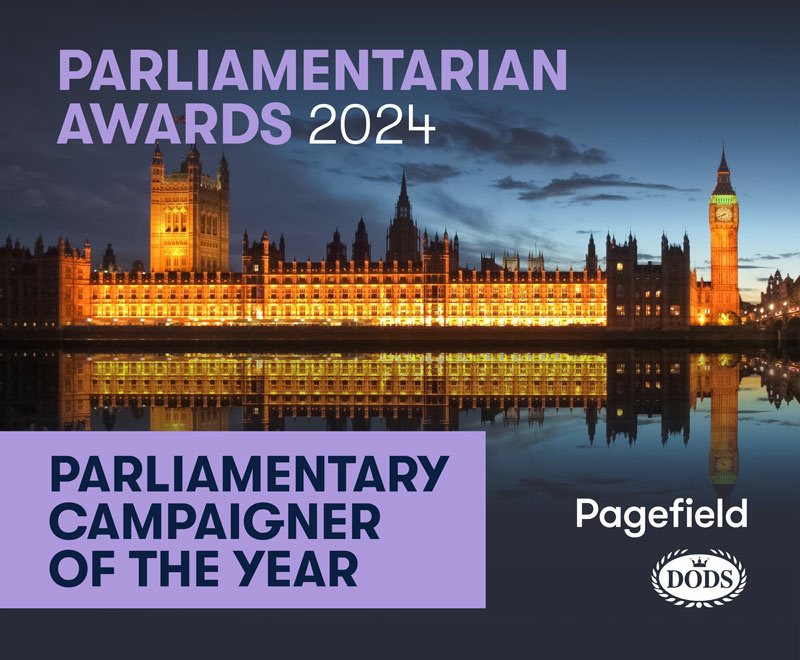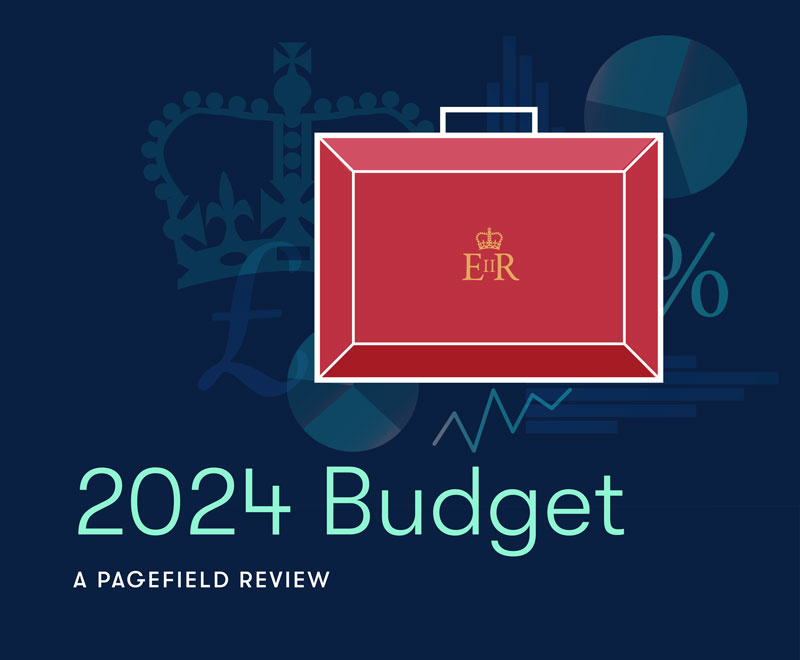Four months after the Chancellor Jeremy Hunt delivered a fairly muted Autumn Statement –which, he later privately admitted, failed to persuade the country he was tackling growth – he decided to concoct a Spring Budget to add a little bit more ‘oomph’ to the Treasury’s current fiscal conservatism.
There was good reason for the Chancellor to be cheerful: The Office for Budget Responsibility (OBR) confirmed that the UK wouldn’t now enter a ‘technical recession’ – which made Tory MPs purr with joy. This changed forecast comes thanks to global markets improving but also, in part, to the efforts Hunt and Sunak have taken over the past months to shore up the ship.
But, despite the soothing analysis by the OBR, the ongoing cost-of-living crisis continues to be a thorn in the side of the exchequer – and the nation, In acknowledging this, Hunt used his Budget to extend the Energy Price Guarantee, allowing people’s bills to stay low, and announced other supportive spending measures that will cost the Treasury some £94bn this year – very much limiting new spending commitments.
Regardless of this huge cost – which arrives, let us not forget, after the astronomical COVID bill of £372bn – Hunt pitched his statement as a ‘Budget for Growth’ that would take the country forward, using the word ‘growth’ no less than 21 times in his address to the Commons.
But the jury is definitely out on whether his words can turn into results.
Giles Winn, Specialist Partner at Pagefield and a former Treasury Special Advisor under Philip Hammond, believes the Budget represented a welcome return to grown-up economic management.
“A highly competent Chancellor delivered a Budget short on fireworks but full of measures designed to tackle real issues such as the labour market, childcare costs and business investment. In doing so, he began to restore the UK’s reputation for economic competence.”
Giles adds that Hunt “resisted calls to abandon the increase in Corporation Tax, instead offering a massive tax incentive to businesses to invest, which has likely bought off some critics – although there was notably very little for small businesses.”
Amongst the new incentives and schemes on offer to enable growth, there were three clear policy areas which stood out: nuclear, the over 55s, and artificial intelligence (AI).
One of the biggest cheers during Hunt’s speech was when he confirmed that “nuclear power will be classed as ‘environmentally sustainable’” allowing businesses to access similar investment to other renewable firms. This was swiftly followed up by the launch of Great British Nuclear – an initiative which has long been in the offing, though seemingly still without a clear financial commitment.
Hunt went on to confirm a raft of new policies – such as abolishing the Lifetime Allowance on pensions – that he hopes will get many of the over-50s off the golf course and back into the workforce.
Finally, with all the global reporting around the highly controversial but game changing ChatGPT, it would have seemed amiss for Hunt not to mention AI. The Chancellor had clearly primed the new Science, Innovation and Tech department to drive forward the UK as a cutting edge leader in this technology with billions committed over the next decade.
Given that the last time a Chancellor talked up growth at the dispatch box they found themselves crashing the market, it’s likely Hunt will be conscious not to look too pleased with himself. As ever with a Budget, it can all unravel in the days that follow and the established Treasury view is that you’re not out of the woods until you’ve had a clean bill of health from the Sunday papers.
But for businesses looking ahead, this Budget marks the start of the election campaign. As the economic indicators improve, the Conservatives under Sunak are evidently going to increasingly pitch themselves as delivering forward-thinking growth. Time alone will tell if this is enough to derail Starmer’s ‘Five Missions for a Better Britain’.




